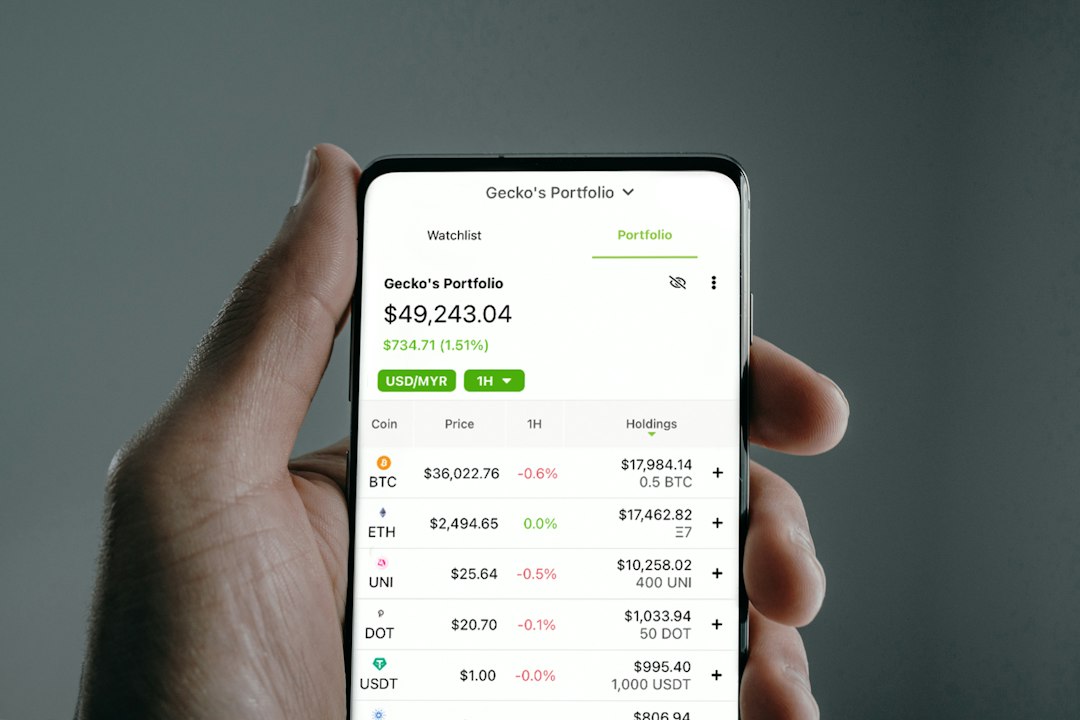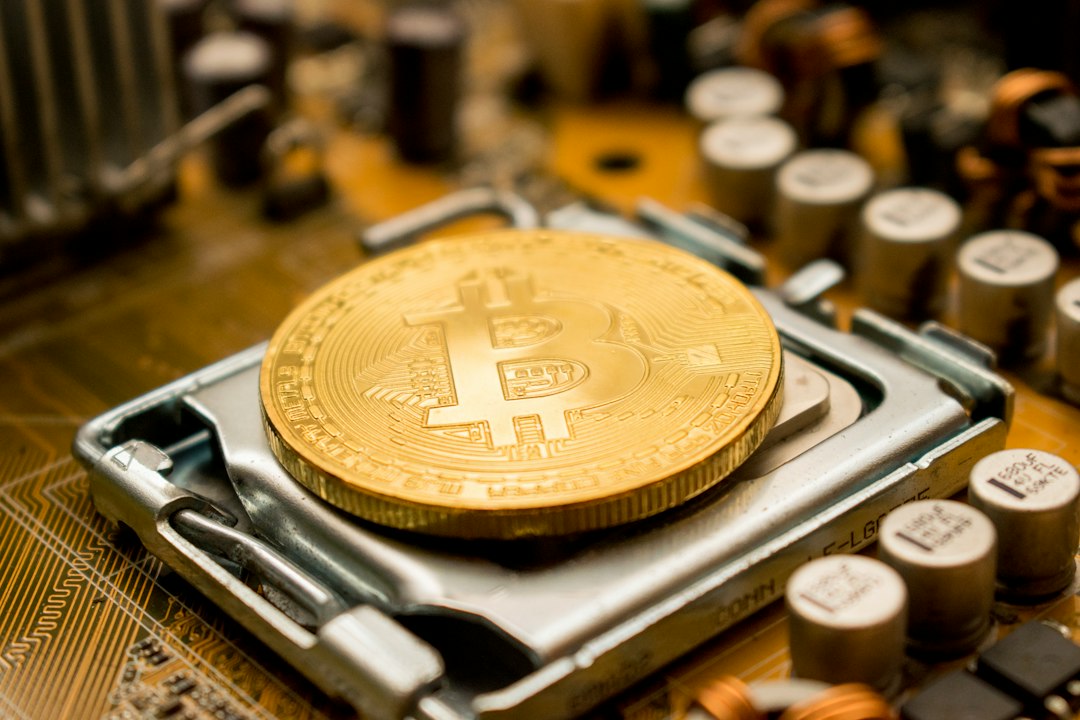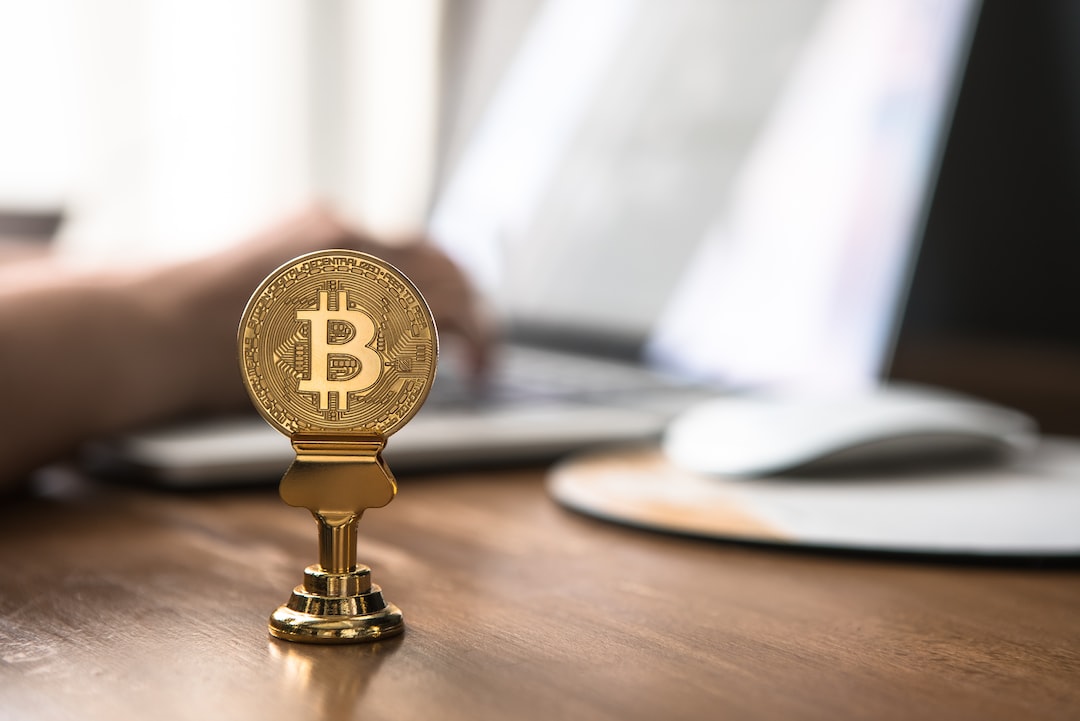South Korean Traders Prefer Altcoins Over Major Cryptocurrencies
Crypto investors in South Korea are showing a strong preference for altcoins rather than major cryptocurrencies like Bitcoin and Ethereum. The allure of altcoins, particularly Tron, lies in their potential for higher profits despite the associated risks.
A Growing Number of Crypto Investors in South Korea
A survey conducted by the Korea Financial Intelligence Unit (KoFIU), as highlighted in a report from DeSpread Research, predicts that over 6 million people in South Korea will become crypto investors by the first half of 2023. This represents more than 10% of the country’s entire population.
Interestingly, a significant portion of these investors prefer to use centralized exchanges for their crypto transactions, indicating the substantial influence of these exchanges on South Korea’s crypto market.
Tron Leading the Way in South Korean Crypto Market
The report from DeSpread Research reveals that South Korean traders have a strong enthusiasm for altcoins, especially those with high profit potential. Consequently, major cryptocurrencies like Bitcoin, Ethereum, and Polygon have relatively low trading volumes on South Korean exchanges compared to global trends.
South Korea exhibits unique regional disparities in terms of blockchain networks, with Tron’s network dominating transaction preferences due to its lower transaction fees. This choice reflects specific investor preferences and strategies within the South Korean market.
Local Exchanges Outperforming Global Competitors
While global centralized exchanges have experienced a decline in trading volumes since March, local South Korean exchanges such as Upbit have defied this trend. Upbit, the largest exchange in the nation, has even surpassed market leader Binance in terms of trading volume by July.
Upbit currently holds an impressive 80% share of the South Korean crypto market, followed by Bithumb with a share of 15-20%. Coinone and Korbit have a smaller presence in the market.
This surge in local exchanges can be partially attributed to the favorable ruling in Ripple’s court case against the U.S. Securities and Exchange Commission, which led to a significant increase in XRP’s price and trading volume. Despite this resurgence, South Korean traders still rely on overseas platforms for storing their digital assets, as indicated by a September report from the country’s national tax service.
Hot Take: Altcoins Gain Traction in South Korean Crypto Market
The preference for altcoins over major cryptocurrencies among South Korean traders reflects their pursuit of higher profits despite the associated risks. This trend is particularly evident with Tron, which dominates the transaction preferences due to its lower fees. Local exchanges like Upbit have outperformed global competitors, driven by factors such as the Ripple court case ruling. While South Korean investors continue to use overseas platforms for asset storage, the growing number of crypto investors in the country highlights its potential as a significant market for altcoins.





 By
By
 By
By
 By
By
 By
By

 By
By